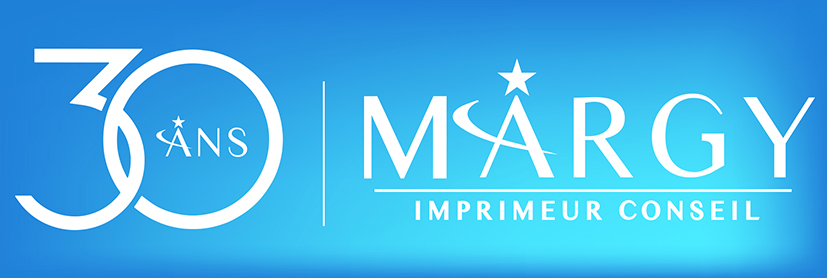2017 was definitely the year of digital marketing. With social networks, such as Linkedin, Instagram, influencers (blogs) and Content Marketing (distribution by a brand of media content) at the forefront. A recent study by Bubblegum Search presented these elements as the marketing trend for 2017. A trend largely driven by Generation Y, i.e. people born between 1980 and 2000, also known as Millenials.
Millenials, the target of choice for digital marketing
Generation Y is often perceived as being highly connected, and oriented towards a B-to-C market, i.e. Business to Consumer. In 2017, people from this generation are approaching their thirties. They are now decision-makers, in the workforce or even company directors. This is a generation that is proving to be a real strength for businesses, as they have mastered these new connected technologies. The survey reveals that 84% of the Millenials questioned consider their mobile phone to be a real work tool.
As well as being a force within the company, this generation is also a highly sought-after target for professionals, because it is influential. So we need to target them by optimising our digital communications. The strategy involves e-newsletters that can be read on mobile phones, content adapted to the small screen, geolocation, etc.
As far as social networks are concerned, Linkedin is the preferred professional social network. In fact, 94% of marketing departments include this network in their strategy, with 66% of companies reporting satisfactory results.
If companies are looking above all for interaction, Instagram comes out on top, with an interaction rate of 22.53%, compared with 5.99% for Facebook, for example. With almost 300 million users every day, Instagram is a B-to-B network that cannot be ignored. The study shows that 84% of companies are integrating social networks into their marketing strategy.
Content marketing is not losing ground
Content marketing remains an essential part of business strategy. The aim of this strategy is to make useful content available to targeted customers. New digital techniques are making this easier. According to the study, 89% of marketing departments have a content marketing strategy, and 67% consider it to be effective. However, while these companies note the effectiveness of content marketing, 42% admit that they have difficulty measuring the return on investment.
Traditional techniques to support digital marketing
While digital marketing remains an essential strategic lever for marketing departments, traditional methods are not outdone. These tools, such as print and offline advertising, complement digital strategies. These traditional techniques are still trusted by consumers. And even if they are less profitable than digital strategies, they are still essential.
In conclusion, digital marketing remains an essential part of a company’s strategy. This is particularly true when it comes to reaching Generation Y or Millenials, a connected target group that will be sensitive to digital messages. Traditional methods, on the other hand, remain timeless and should not be neglected.
Other articles :
 01 44 52 02 02
01 44 52 02 02
